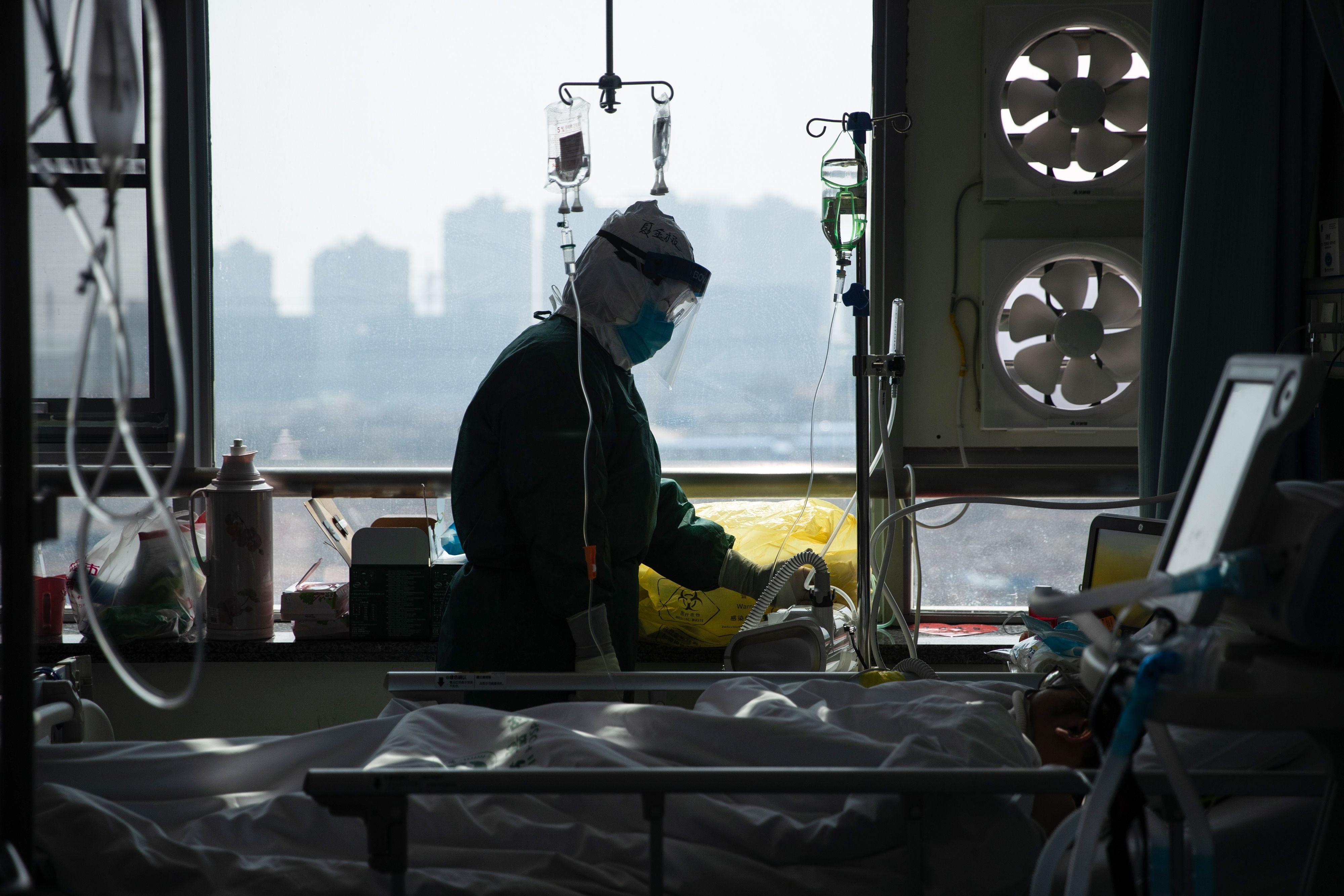Oxford researchers find gene that doubles risk of potentially fatal respiratory failure with Covid-19
Sixty per cent of people with south Asian heritage carry the high-risk gene

Scientists at Oxford University have uncovered a gene that can double the risk of fatal respiratory failure in those who contract Covid-19.
The high-risk genetic signal is carried in sixty per cent of people with south Asian heritage, which could help to explain the excess deaths seen in some south Asian communities across the UK as well as the impact that Covid has had in India.
The gene is present in 15 per cent of those with European ancestry, the study revealed, but is only found in 2 per cent of those with African-Caribbean ancestry.
Previous work by scientists had identified a stretch of DNA that doubled the risk in adults under 65 of dying from coronavirus.
They did not, however, know exactly how this genetic signal worked to increase the risk, nor did they realise the exact genetic change that was responsible.
The latest study was published in Nature Genetics and was carried out by a team led by Professor James Davies and Professor Jim Hughes at the University of Oxford’s MRC Weatherall Institute of Molecular Medicine.
Prof Hughes, a professor of gene regulation, said: “The reason this has proved so difficult to work out is that the previously identified genetic signal affects the ‘dark matter’ of the genome.
“We found that the increased risk is not because of a difference in gene coding for a protein, but because of a difference in the DNA that makes a switch to turn a gene on,” he added.
The research was conducted by an artificial intelligence algorithm that had been trained by the team to analyse huge quantities of genetic data from hundreds of types of cells from all parts of the body.
This showed that the genetic signal was likely to affect cells in the lung. The researchers then used technology to “zoom down on the DNA” and pinpoint the specific gene that was being controlled by the sequence, causing a greater risk of developing severe symptoms in Covid-19.
Dr Damien Downes, who led the laboratory work carried out by the Hughes research group, said: “Surprisingly, as several other genes were suspected, the data showed that a relatively unstudied gene called LZTFL1 causes the effect.”
The researchers discovered that the higher-risk version of the gene may prevent the cells lining people’s airways and lungs from responding to the virus as they should.
However, the presence of the gene doesn’t affect the immune system, meaning that people carrying this version of the gene should respond normally to vaccines.
The researchers hope that drugs and other therapies could target the mechanism that prevents the lung lining from responding as it should.
This could mean specially customised treatments being made available for those more likely to develop severe symptoms.
Prof Davies said: “The genetic factor we have found explains why some people get very seriously ill after coronavirus infection.
“It shows that the way in which the lung responds to the infection is critical.”
He went on to suggest that the increased risk of more severe Covid should be “cancelled out by the vaccine”.
He explained: “Although we cannot change our genetics, our results show that the people with the higher-risk gene are likely to particularly benefit from vaccination.
“Since the genetic signal affects the lung rather than the immune system, it means that the increased risk should be cancelled out by the vaccine.”
The news comes as nearly 50 million people in the UK have received at least one dose of a Covid-19 vaccine, while booster jabs are being rolled out to those over 50.
Join our commenting forum
Join thought-provoking conversations, follow other Independent readers and see their replies
Comments
Bookmark popover
Removed from bookmarks